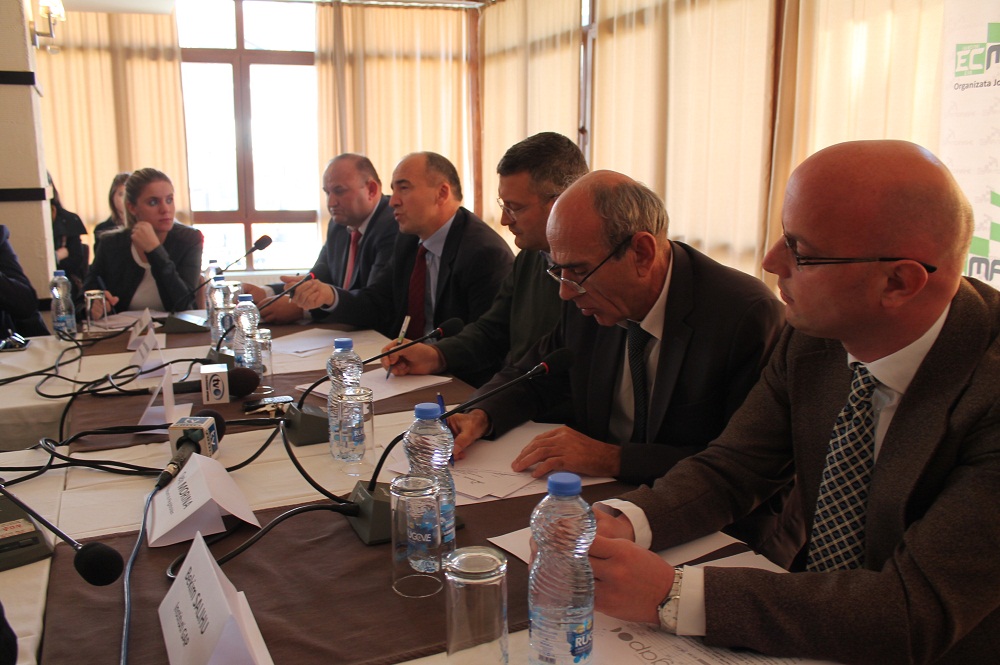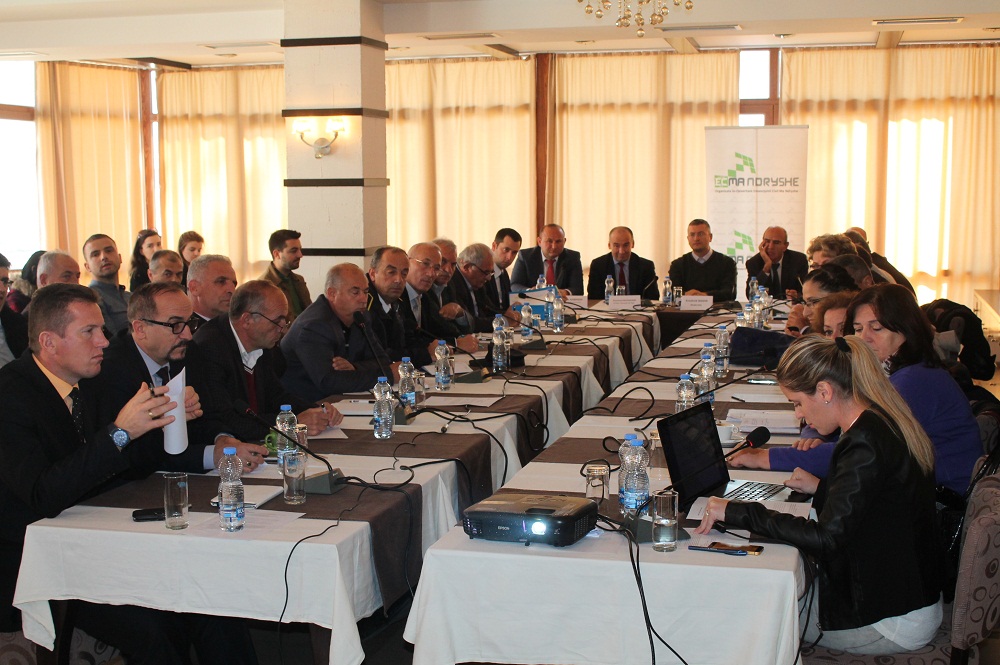Municipalities should increase control over the costs of representation and fuel
 04.11.2015
04.11.2015
Municipalities of Kosovo have no written policies for expenses of representation or sufficient controls for fuel consumption. According to a document of the Office of the Auditor General (OAG) (access to the link: http://oag- rks.org/repository/docs/Treguesit_e_performances_se_komunave_2014_Shqip_938871.pdf), even large municipalities are no exception in this regard. Therefore the majority of them appear on the list of the 'luxury' consumers, based on financial statements 2014.
The auditor indicated that the entire total of the expenditure for representation namely official lunches, higher costs were recorded in municipalities: 1. Prizren, 2. Gjilan, 3. Gjakovë, 4. Vushtrri, 5. Pejë, and so forth. These municipalities all together have spent over 300 thousand Euros from 735 thousand Euros spent by 34 municipalities in Kosovo.
OAG concludes that the representation expenses are not subject to adequate controls and adds that it is not clear whether municipalities adequately understand the nature and purpose of these expenses. Also it explains that there is no limit that determines the extent of these costs.
“This is illustrated by the fact that the Municipality of Prishtina is the largest municipality and the capital of Kosovo, while in the ranking of these costs is ranked as the 20th”, as stated in this document.
Observation of this state institution highlights the fact that there are municipalities that have spent more for representation than in the previous year, where Prizren, Mamusha and Pristina are highlighted, as the increase has been over 100 per cent.
Meanwhile, the average of fuel expenditures at the municipal level based on analysis of OAG resulted in 10 Euros for every 100 km. After Rranillug with 89 euros, the list of municipalities with the higher costs is also Ferizaj with 15 euros, Dragash 15 euros, Peja 12, Pristina 12 and Prizren 11. Mitrovica reaches the average of 10 euros.
However the OAG recalls that the data for the spent fuel for the kilometers passed were manually collected by the municipal responsible persons and as such do not provide maximum certainty for their accuracy. Moreover Gjakova municipality did not provide data in this regard.
In conclusion, the auditor states that municipalities do not have a written policy for expenses of representation, while the needs and requirements for these costs are not clearly defined, as well as the appropriate management approvals and determination of staff with rights of representation.
Auditor emphasizes that there is insufficient control in terms of fuel consumption and states that some municipalities have not certain norms of expenditures as long as no accurate travel records are provided, the system of travelling orders is not applied and there is no reconciliation of fuel expenses with kilometers passed.
Based on this data, EC Ma Ndryshe calls on local governments to be cautious in spending public funds, since they have a legal and moral obligation to manage taxpayers' money with accountability. Also local executive levels need to take into account the standards of good governance and proper management of public money, especially in a situation where municipalities have fairly low level of economic development and alerting indicator of poverty, unemployment and social cases.
Therefore, EC Ma Ndryshe recommends municipal leaders to strictly implement the recommendations of the Auditor General, increase control over representation and fuel expenses, increase transparency in this respect as well as to develop clear criteria for such expenses and to implement them.
Ec Ma Ndryshe started implementing the project "Municipal Transparency Index Reform" since May 2015, thanks to the support of the UK Embassy in Pristina, which covers the largest municipalities of Kosovo, Prishtina, Prizren, Peja, Mitrovica, Gjilan, Ferizaj and Gjakova, as well as in Suharekė, Rahovec, Malisheva, Dragash, Mamusha and Shtrpce. The concerned project is aimed at assisting the municipalities in identifying major gaps in terms of transparency as well as providing guidelines for addressing and overcoming them. Transparency Index presents a structured effort to support Kosovo municipalities in meeting the standards of good governance, defined with the reform of local government and Kosovo's European agenda.



